Dealing with recurrence
- Prostate cancer
- Dealing with recurrence

Dealing with recurrence
New phase of the disease
Facing recurrence is a challenging step in the journey of prostate cancer treatment. After undergoing initial treatments, the idea of a relapse can be distressing. In this section, we will address the scenarios of cancer post-treatment and what it means to live with a recurrence of prostate cancer.
If you have any questions or concerns, feel free to contact us at 1-855-899-2873 or via chat to discuss with one of our healthcare professionals specialized in uro-oncology.
You have been treated for your prostate cancer and have gone on with your life. The results of the PSA blood tests have been stable for some time. If, however, you suddenly discover that your last few blood test levels have been significantly, steadily increasing, the news is not what you are ready to hear and seems just as devastating as the first time: the cancer is back. Even if you have been through this before, those feelings of shock, disbelief, guilt, anger, fear, denial, hopelessness and depression are still normal reactions. The question most likely to be going through your mind at this time is: “Will the treatment work this time”
Even if you have been through this before, you should keep in mind that you are still one step ahead. You already know the ropes: where to go to obtain medical advice or emotional support. You know where the resources are available and how to go about to get them. In some ways, this knowledge can make acceptance easier.
You may remember from your initial diagnosis of prostate cancer that many of your fears originated from not knowing what to expect. The coping mechanisms you learned previously will still be very relevant at this time. Educate yourself about what to expect from your new treatment; ask your doctor and nurse any questions that are on your mind; talk about your anxieties with the healthcare team, family members, and close friends or in a support group. Sharing with people who have experienced the same situation can go a long way to alleviate your fears. It can be a lot easier to cope when you understand what is going on.
At this time, you can expect to go through similar up-and-down periods as the first time you fought the cancer. Try to focus on the good days: there will be more. Keep yourself busy while respecting your energy level limitations. Have realistic goals. Do those activities you most enjoy with your loved ones. Take pleasure in every moment you can!
Remember that everyone responds differently to cancer and its treatment, so it’s important to work together to find the solutions that work best for you. By looking after your own mental, emotional and physical well-being, you’ll be better equipped to deal with the changes that come from living with advanced cancer and its treatment. The role you play in looking after yourself is just as important as any medicine or treatment.
Other pages that might interest you
Additional Information - Dealing with recurrence
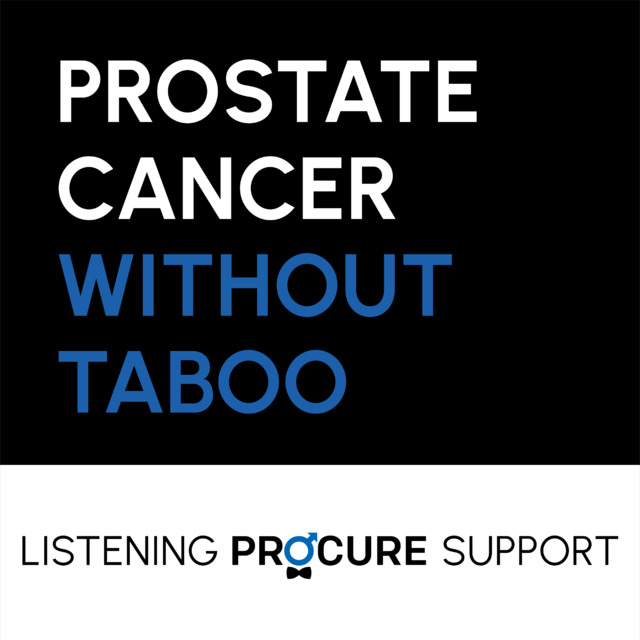
Advanced prostate cancer treatments strategies
Strategies for treating advanced cancer have significantly evolved, offering new options and hope for patients.
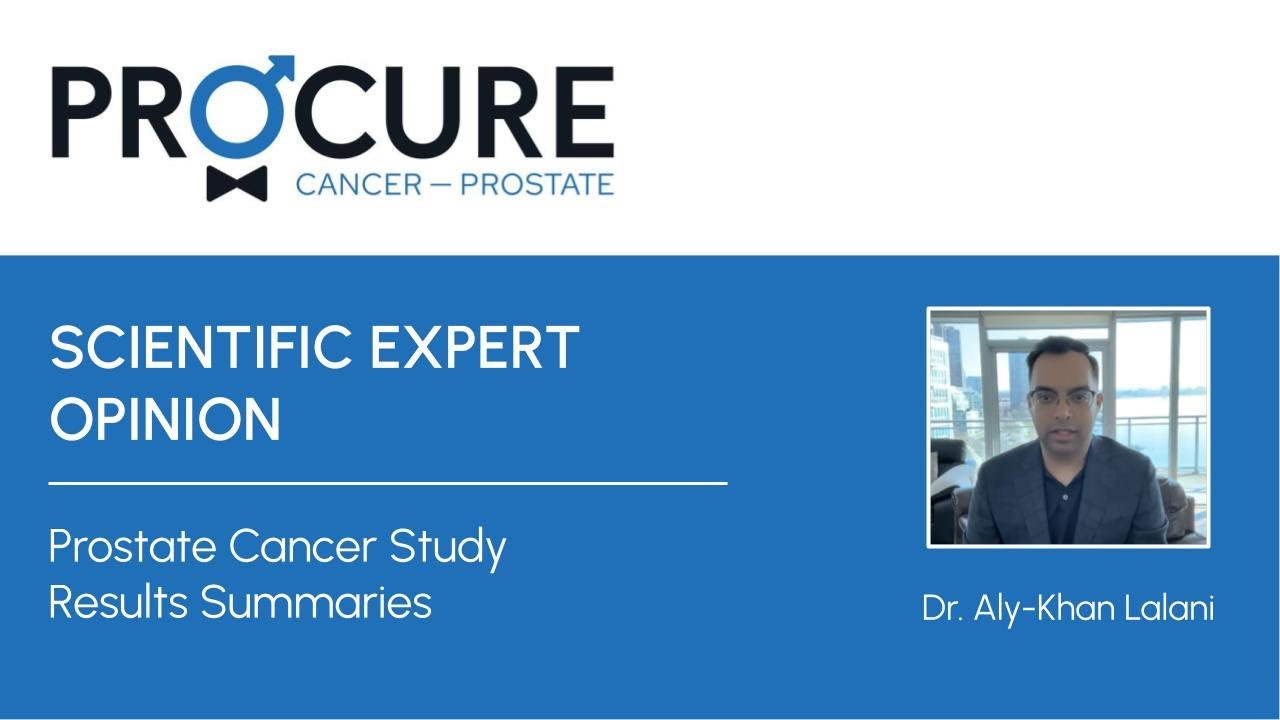
Prostate Cancer Study Results Summaries (2023 ASCO-GU)
Summary of clinical trial results on promising prostate cancer research.

Advanced Prostate Cancer Triple Therapy Study Results (2023 ASCO-GU)
Clinical trial results on triple therapy for advanced hormone-sensitive prostate cancer.
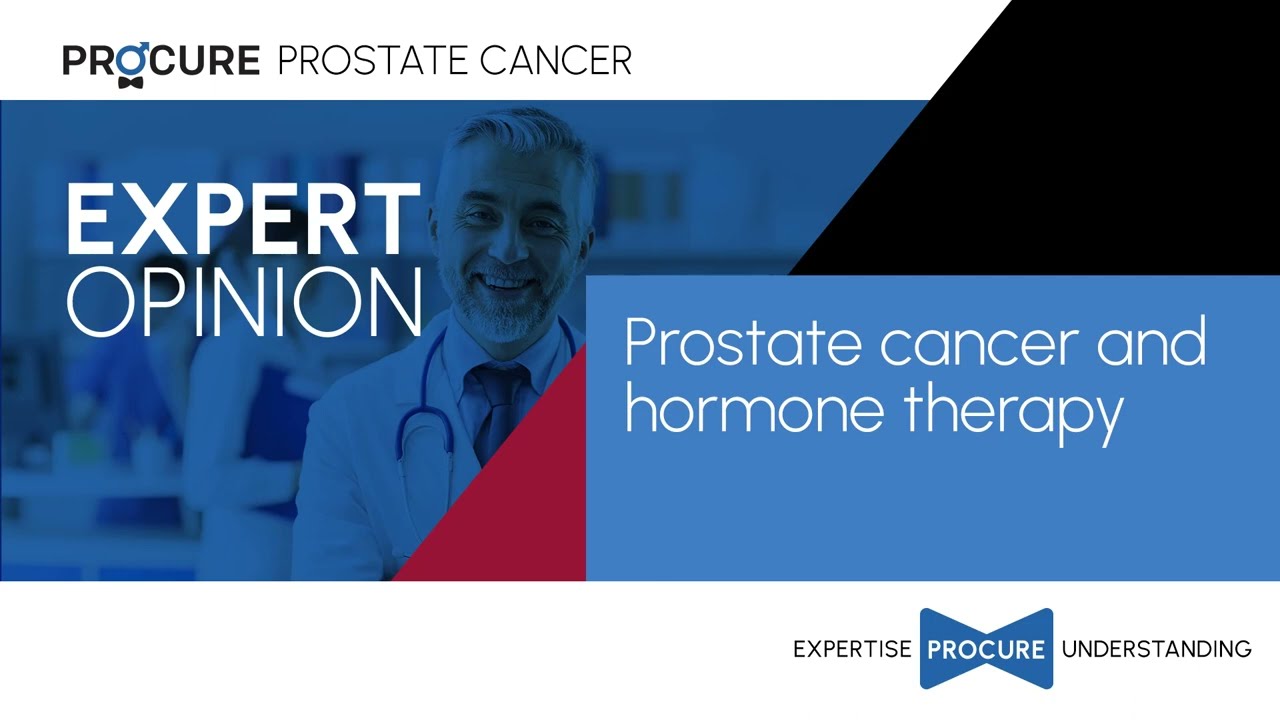
Expert Opinion: Prostate Cancer and Hormone Therapy
What you need to know about hormone therapy and how to manage the side effects of this treatment.
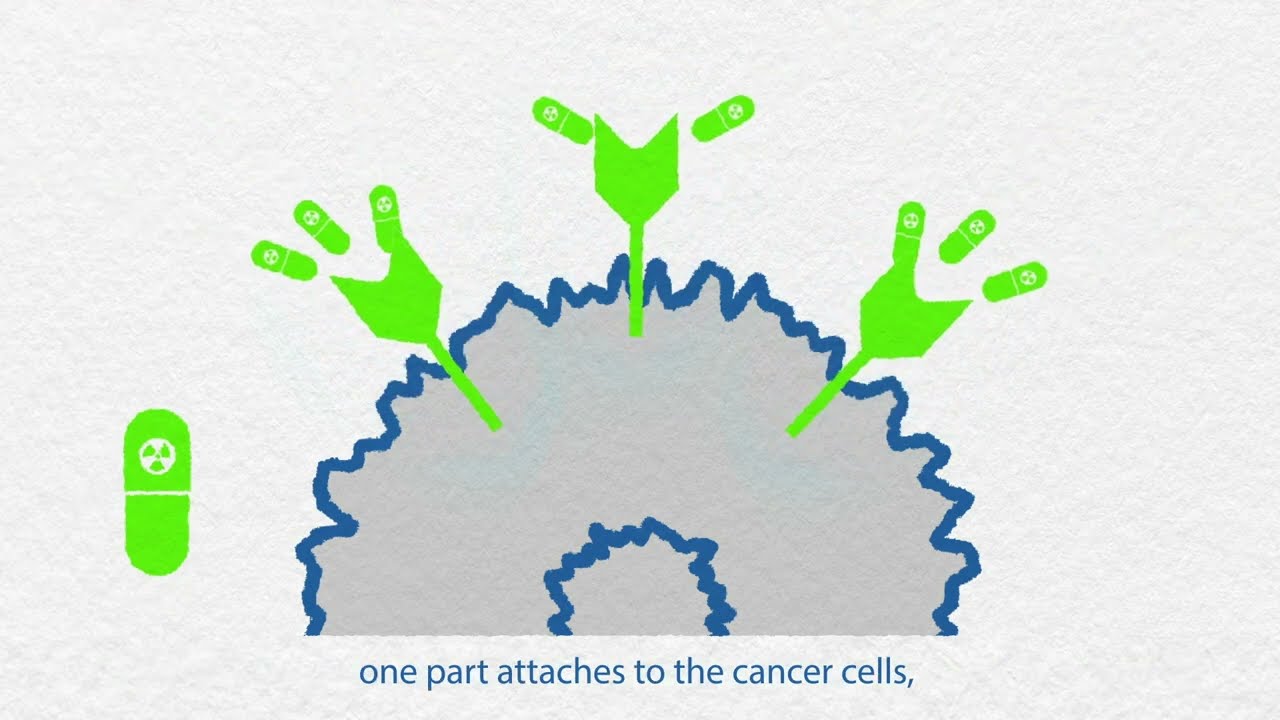
Prostate cancer and nuclear medicine
What about nuclear medicine? Is it suitable for your situation?
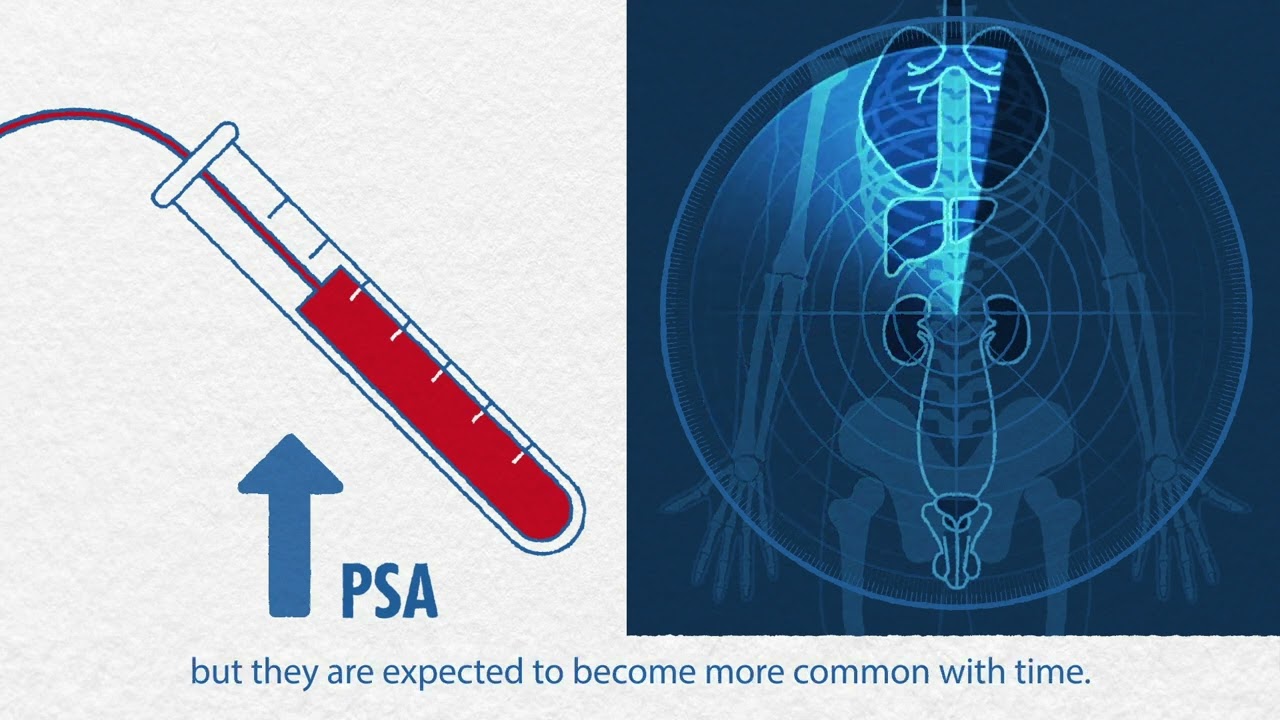
Nuclear imaging technologies
Has your doctor suggested prostate imaging tests? Explore options like PSMA PET scans.

Targeted therapy and inherited mutations
If you have a specific genetic mutation, you could benefit from new targeted treatments.
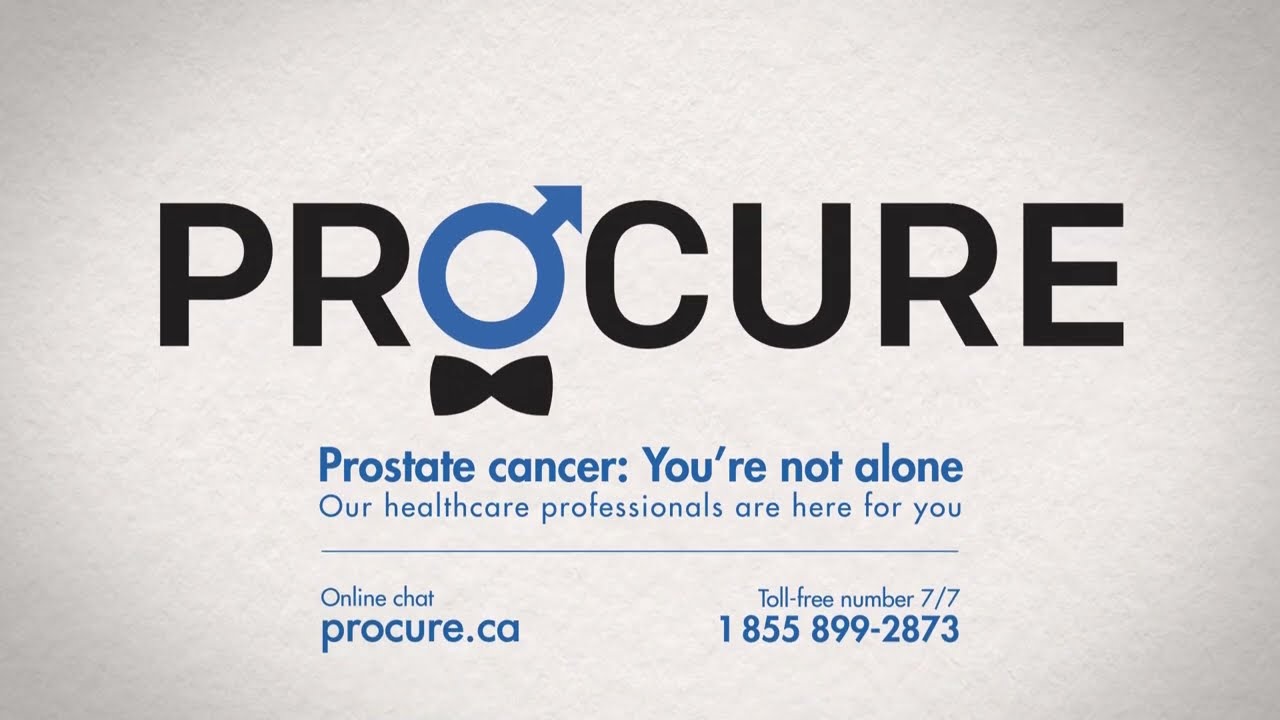
States of prostate cancer following treatment
Do your recent tests show an increase in PSA levels? It could indicate a recurrence.
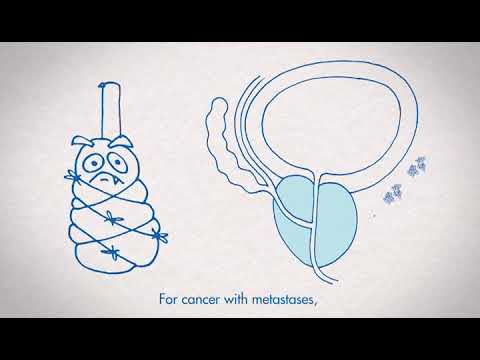
The role of hormone therapy
Has your doctor recommended hormone therapy? This video is for you!

Advanced prostate cancer treatment strategies
Strategies for treating advanced cancer have significantly evolved, offering new options and hope for patients.

Advanced prostate cancer treatment
Advanced prostate cancer encompasses various conditions, including metastatic, recurrent, and hormone-resistant forms, each raising different questions and concerns.
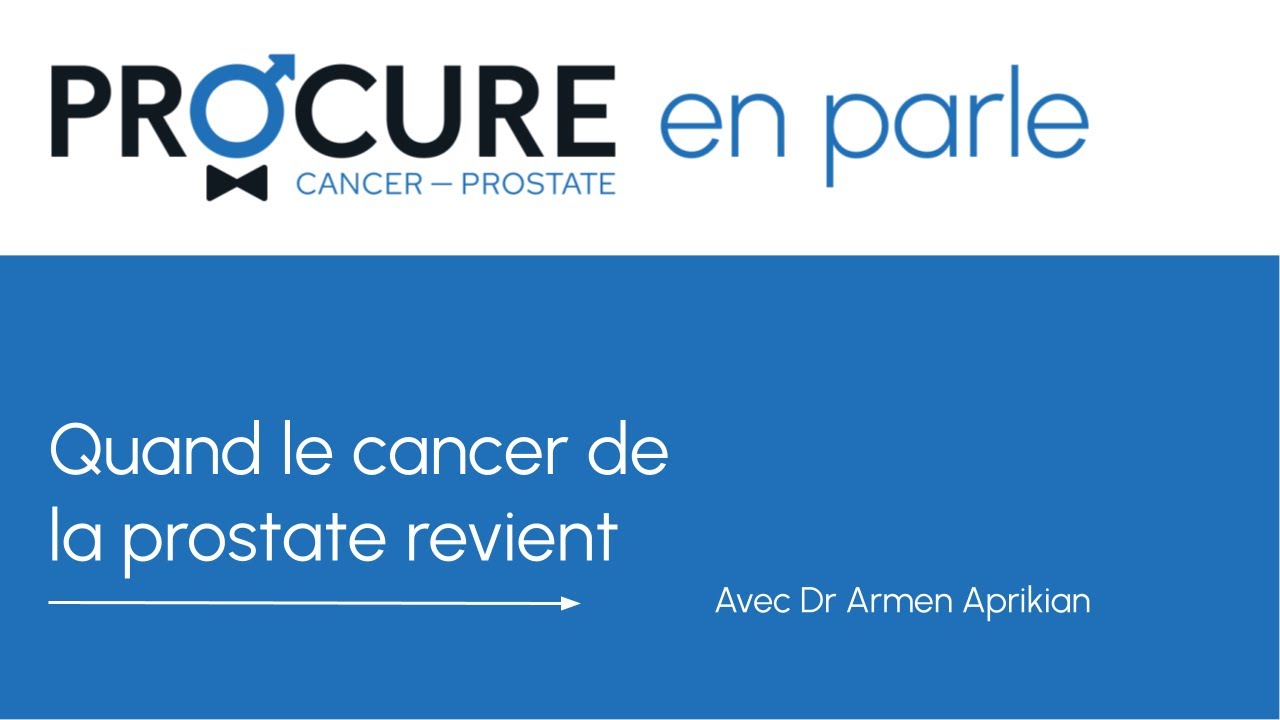
When prostate cancer comes back
A recurrence is when the cancer returns after treatment. The main question is, “What’s next?”
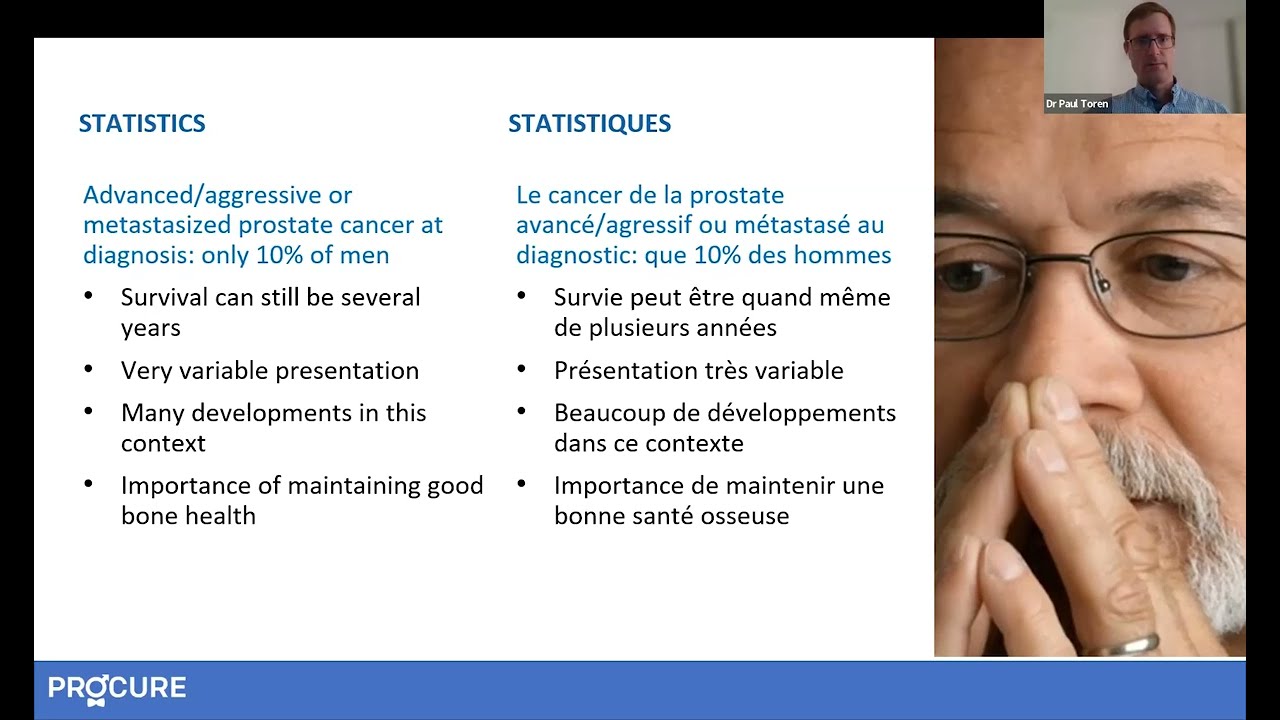
How to treat advanced prostate cancer
Advanced prostate cancer encompasses various conditions, including metastatic, recurrent, and hormone-resistant forms, each raising different questions and concerns.
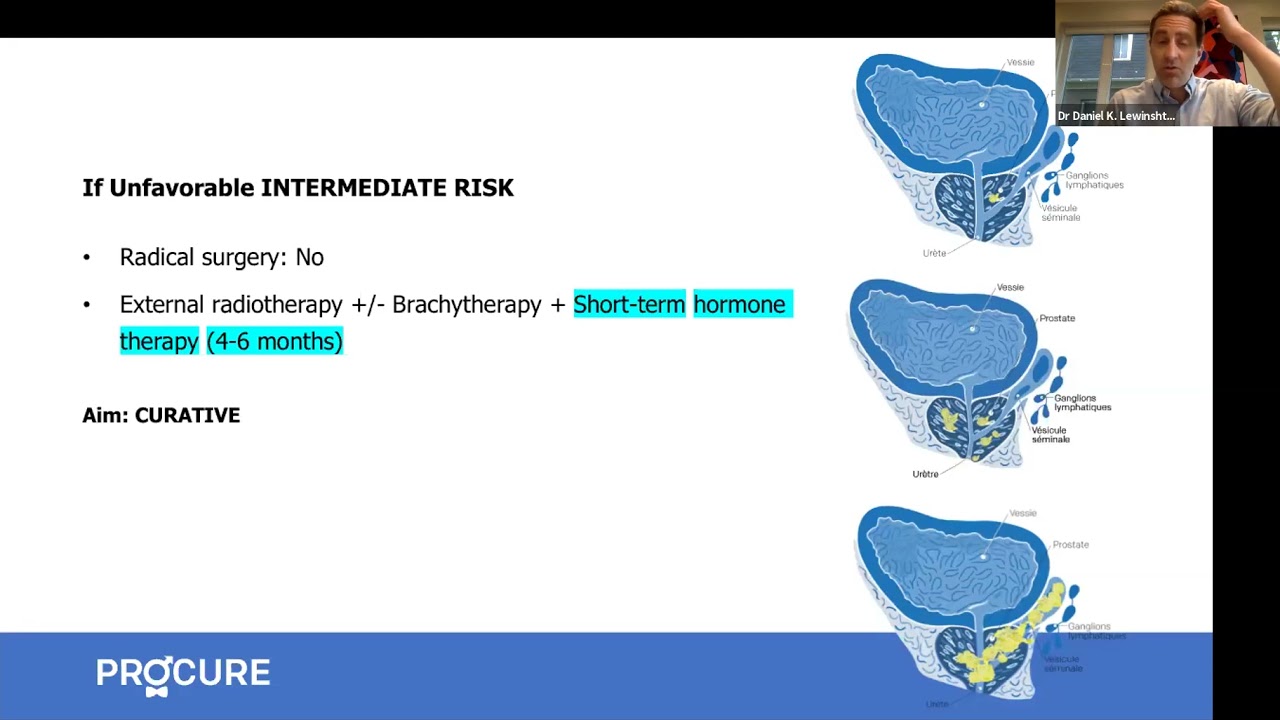
All about hormone therapy
Hormone therapy can reduce tumor size, control cancer, and prolong life. Is it the right treatment for your cancer?

Q-A – New therapies for advance prostate cancer
In this interview, we answer patients’ questions about new therapies for advanced prostate cancer.

Advanced cancer: Factors influencing life expectancy
Being diagnosed with advanced prostate cancer can be overwhelming and frightening. It’s natural to have many questions about your prognosis and what the future holds. One of the key concerns for many patients is understanding their life expectancy. In this article, we’ll explore the factors that can impact life expectancy in advanced prostate cancer and […]

Orchiectomy? Never heard of that word!
Orchiectomy, a form of hormone therapy, involves surgically removing the testicles, depriving the cancer of testosterone.

Food tastes funny…!
I feel like one of the worst effects was losing my taste buds. Everything I tried to eat tasted funny. So why food tastes funny?

Advanced prostate cancer-What should I know?
Advanced prostate cancer-What should I know? The term advanced prostate cancer does not describe just one type of disease, but several. It can be locally advanced, recurrent, metastatic, or resistant to castration. These terms are probably unfamiliar to you and can raise many questions. Here are 5 things you should know Your cancer has returned? […]

When hormone therapy significantly increases overall survival…
The arrival of next-generation hormone therapy to treat non-metastatic castration-resistant prostate cancer provides a significant opportunity for men and their families. Non-metastatic castration resistant prostate cancer treatment NUBEQA® (darolutamide) significantly improves overall survival with a favourable safety profile in men with non-metastatic prostate cancer. Source: Bayer Canada Press Release MISSISSAUGA, ON, June 16, 2020 – Data […]
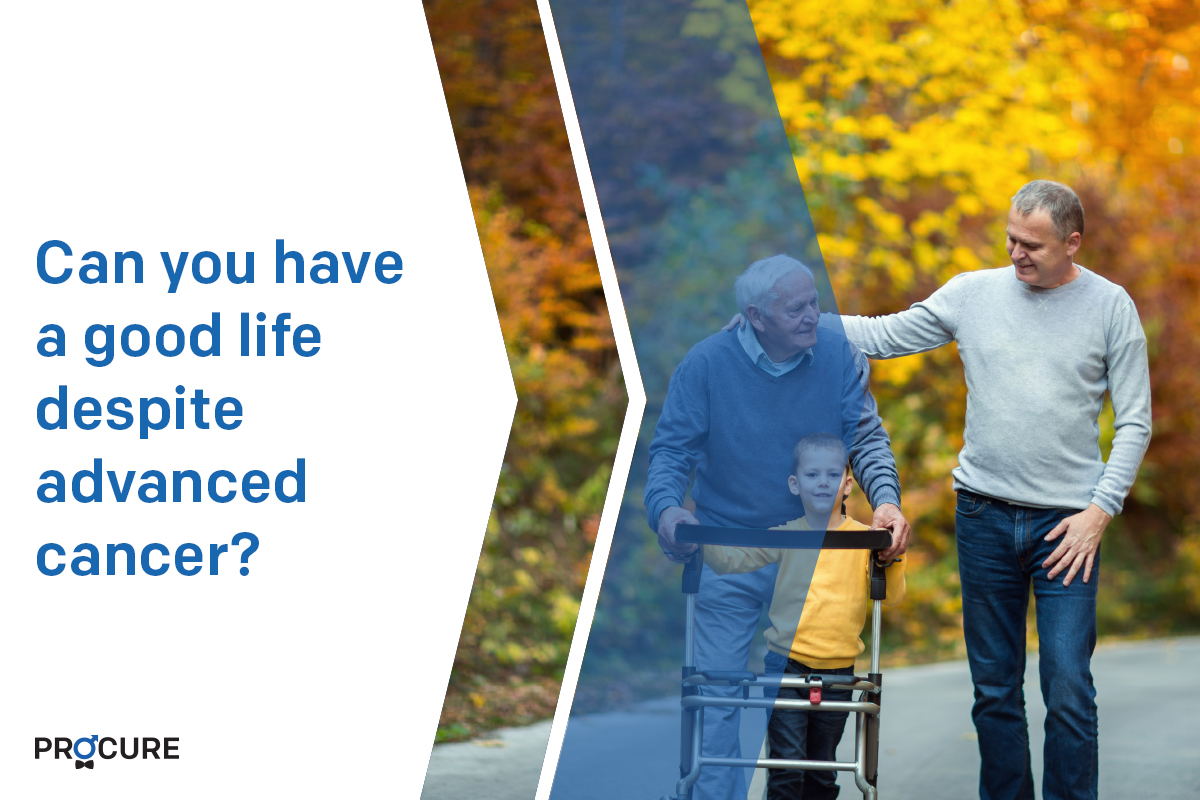
Can you have a good life despite advanced cancer?
Today, many patients now have access to more than one drug that can help them live longer and improve their quality of life, despite living with advanced cancer. I was diagnosed at the age of 65 and I have been living with my prostate cancer for 20 years. And to all the men who have this […]

Welcome life… Serge’s story
Welcome life… The second part of Serge’s testimony “In my previous testimony, Alone against my diagnosis, I mentioned that when my prostate cancer was announced, a very aggressive cancer, my partner at the time had ended our relationship, the disease – especially cancer – not being her cup of tea. So I found myself in front […]
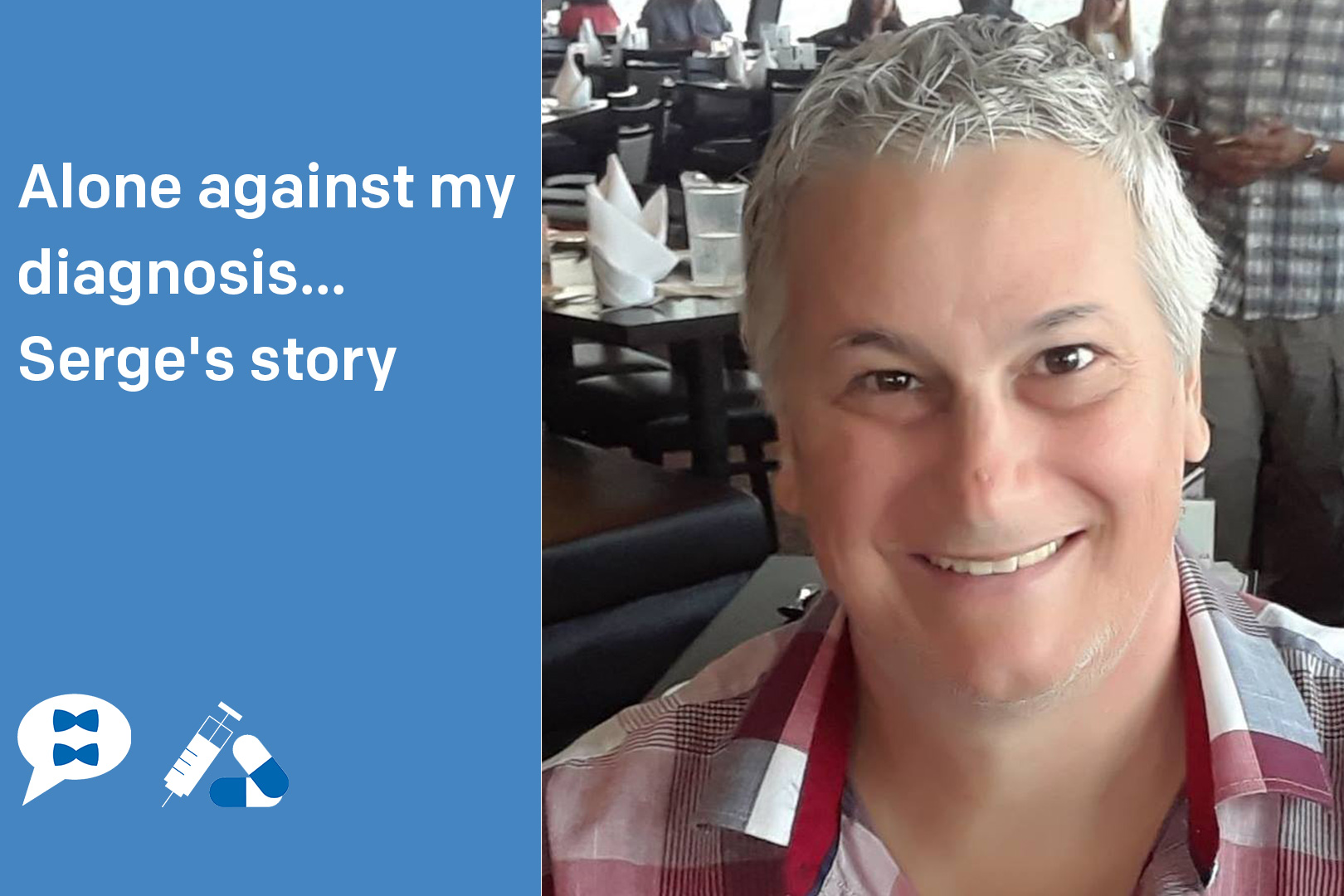
Alone against my diagnosis… Serge’s story
Alone against my diagnosis… Just like Martin, Serge learns that he has prostate cancer in the prime years of his life, that is to say at the beginning of his fifties (yes age… is relative). What you need to understand is that men who receive a prostate cancer diagnosis are usually much older, well in their sixties […]

You no longer respond to your hormone therapy?
As you know, hormone therapy is mainly used when first treatments fail or when a patient is not a candidate for radical surgery or radiotherapy. On occasion, it can be combined with other treatments, such as radiotherapy. As you also know, hormone therapy may be slowing the growth of prostate cancer, but it cannot cure […]
Sources and references
Last medical and editorial review: April 2024. See our web page validation committee and our collaborators by clicking here.

